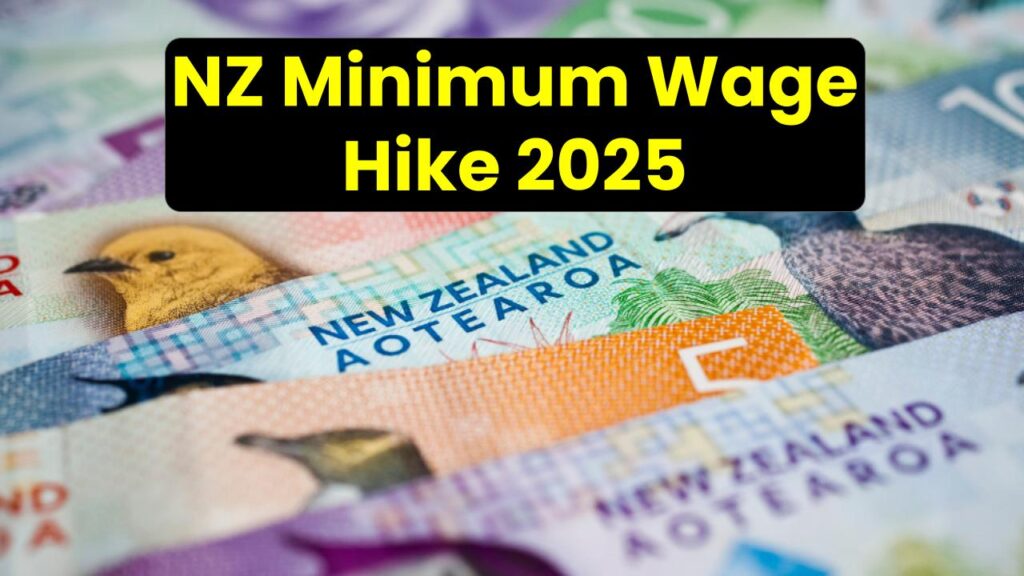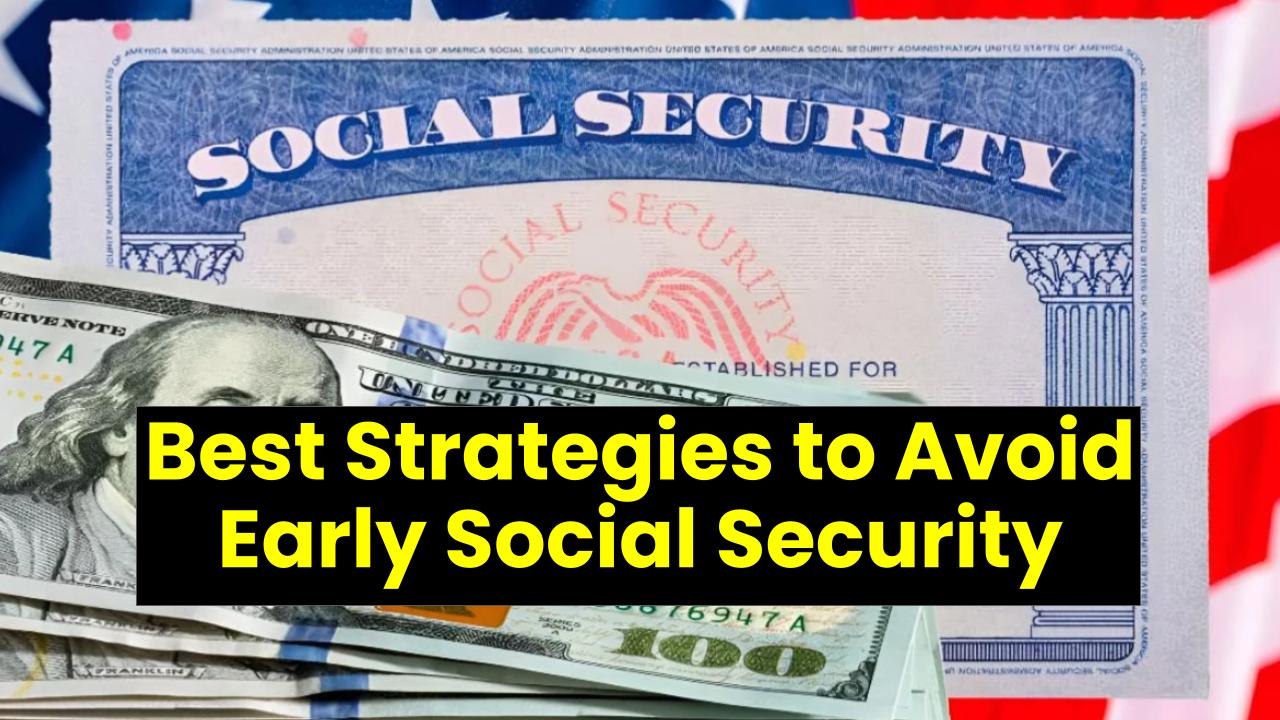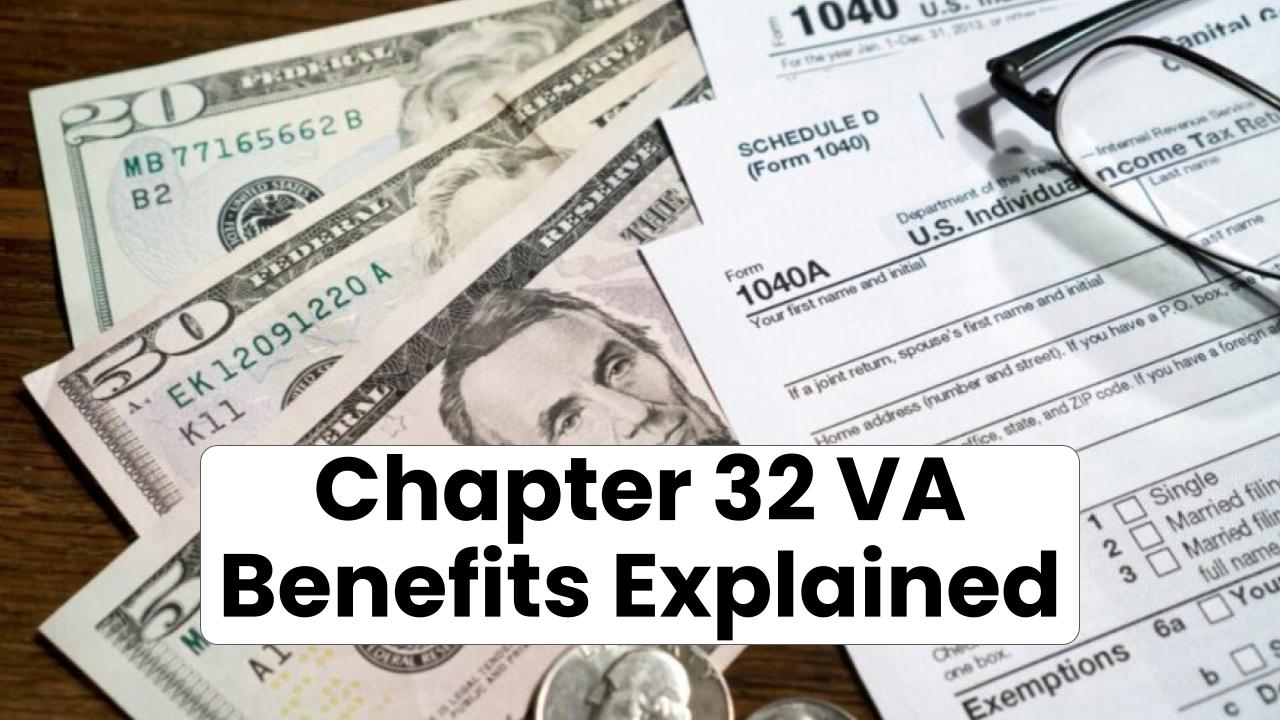New Zealand’s minimum wage is set to increase starting in April 2025, and if you’re a worker earning minimum wage, this means more money in your pocket! Whether you’re an employee, employer, or just curious about the change, it’s important to understand what this hike means for your finances, and how it will impact your daily life and the economy. Let’s break it down in a way that’s clear and easy to understand, with a touch of real-world advice you can use.

NZ Minimum Wage Hike 2025 Announced
| Wage Category | Hourly Rate (NZD) |
|---|---|
| Adult Minimum Wage | $23.50 |
| Starting-Out Wage | $18.80 |
| Training Minimum Wage | $18.80 |
| Effective Date | 1 April 2025 |
| Living Wage | $28.95 (from 1 September 2025) |
| Employee Impact | 141,900 workers will see pay rise |
| Official Website | MBIE |
The 2025 NZ Minimum Wage Hike is a welcome change for workers who rely on minimum wage to make ends meet. While the increase may not completely cover the cost of living in New Zealand, it’s a step forward in ensuring that workers are compensated fairly for their time and effort. Employers must adjust their pay structures accordingly, and both employees and employers should stay informed to ensure compliance.
In the grand scheme of things, the increase will benefit around 141,900 workers, many of whom rely on every extra dollar to make ends meet. For employers, understanding the nuances of wage adjustments is key to maintaining a good relationship with your team and avoiding legal issues.
Whether you’re a worker, employer, or someone looking to stay informed about these changes, it’s important to keep an eye on these developments and adjust your finances and business practices accordingly. The NZ minimum wage increase of 2025 is just one part of a larger conversation around fair pay, living wages, and economic equality. Let’s continue pushing for better wages for all, because everyone deserves to live with dignity, not just survive.
Understanding the NZ Minimum Wage System
New Zealand is known for its stunning landscapes, strong community spirit, and a robust economy. For years, the government has worked to ensure that workers receive fair compensation for their time and effort. The introduction of minimum wage increases over time has been a key part of this effort. In the 2025 wage adjustment, workers earning the minimum wage will see an increase of $0.35 per hour from the current rate of $23.15 to $23.50.
If you’re wondering why this hike matters, consider this: for a 40-hour workweek, this equates to an extra $14 per week. Over a month, that’s around an additional $56 before tax, making a meaningful difference for many people who are managing tight budgets.
But let’s dive into why this increase is a big deal, what it means for workers, employers, and the economy, and how this increase fits into the broader picture of New Zealand’s economic landscape.
The Impact on Workers: More in Your Pocket
For workers earning the minimum wage, this increase could be the difference between buying that extra treat, paying down some bills, or saving a bit more for the future. It’s not a huge bump, but it’s a step in the right direction.
Let’s break it down:
- For full-time workers (40 hours a week): You’ll earn an extra $14 per week, before tax.
- Starting-Out Wage and Training Minimum Wage: These rates are also increasing to $18.80 per hour, which impacts young workers and trainees across the country.
That extra $14 might not sound like much, but for many, this could help with the rising costs of living, such as rent, groceries, and transportation.
In fact, the Living Wage is a concept that many believe should be the true minimum wage because it reflects the real cost of living, including housing, utilities, food, and other essential needs. For 2025, the Living Wage will rise to $28.95 per hour starting from September 1. This is significantly higher than the standard minimum wage, and it’s something that advocates for a fair wage are pushing for nationwide.
Employers: What You Need to Know
As an employer, this new wage adjustment means you’ll need to update your payroll systems. Ensuring compliance with the new minimum wage rate is not optional—it’s a legal requirement.
Here’s a breakdown of what you need to do:
- Update Payroll: Ensure that all workers are paid according to the new minimum wage rates.
- Communicate with Employees: Keep your staff informed of the changes and how it affects them.
- Ensure Compliance: Failure to comply with the new wage rates can result in penalties or fines. Make sure you’re fully up-to-date with the wage adjustment.
Not only is this a legal obligation, but it also contributes to employee satisfaction. In many ways, paying a fair wage can increase employee retention and reduce turnover, saving you money in recruitment and training costs.
What’s Next? Living Wage vs. Minimum Wage
The minimum wage hike in 2025 may bring some immediate relief, but it’s important to highlight the difference between minimum wage and living wage.
- Minimum Wage: This is the legally mandated lowest amount an employer can pay a worker.
- Living Wage: This is calculated based on the actual cost of living in New Zealand. The Living Wage Movement argues that minimum wage should reflect what it actually takes to live, not just survive.
For many workers, the minimum wage doesn’t cover the true costs of life in cities like Auckland, Wellington, or Christchurch, where rent and food costs can be high. That’s why some employers in New Zealand have committed to paying their staff the Living Wage rather than the minimum wage.
If you’re an employer interested in aligning with this ethical approach, you’ll be pleased to know that Accredited Living Wage Employers will need to pay the new Living Wage rate of $28.95 per hour, starting September 1, 2025.
FAQs
1. When does the new minimum wage come into effect?
The new minimum wage of $23.50 per hour will be effective from April 1, 2025.
2. How much will I earn more with the new minimum wage?
For a full-time worker (40 hours per week), the wage increase will result in an additional $14 per week before tax.
3. What is the difference between minimum wage and living wage?
Minimum wage is the legal baseline that employers must pay. Living wage, on the other hand, reflects the actual cost of living and is calculated to meet the needs of workers in a way that allows them to afford basic essentials.
4. What if I’m an employer—what do I need to do?
Employers must update their payroll systems to ensure that all employees are paid the correct minimum wage starting in April 2025. It’s also a good idea to inform your employees about the change and how it will affect their pay.








